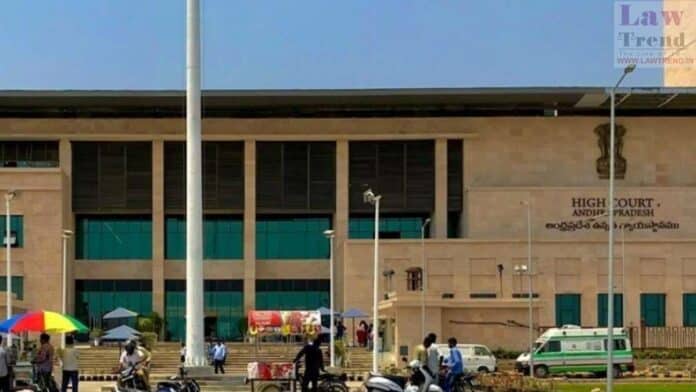In a significant judgment, the Andhra Pradesh High Court, consisting of Justice Ravi Nath Tilhari and Justice Nyapathy Vijay, upheld the decision of the Andhra Pradesh Administrative Tribunal, which had ruled in favor of M. Koti Reddy, a candidate who was provisionally selected for the post of SCT Police Constable (AR) in Prakasam District but
To Read More Please Subscribe to VIP Membership for Unlimited Access to All the Articles, Download Available Copies of Judgments/Order, Acess to Central/State Bare Acts, Advertisement Free Content, Access to More than 4000 Legal Drafts( Readymade Editable Formats of Suits, Petitions, Writs, Legal Notices, Divorce Petitions, 138 Notices, Bail Applications etc.) in Hindi and English.




